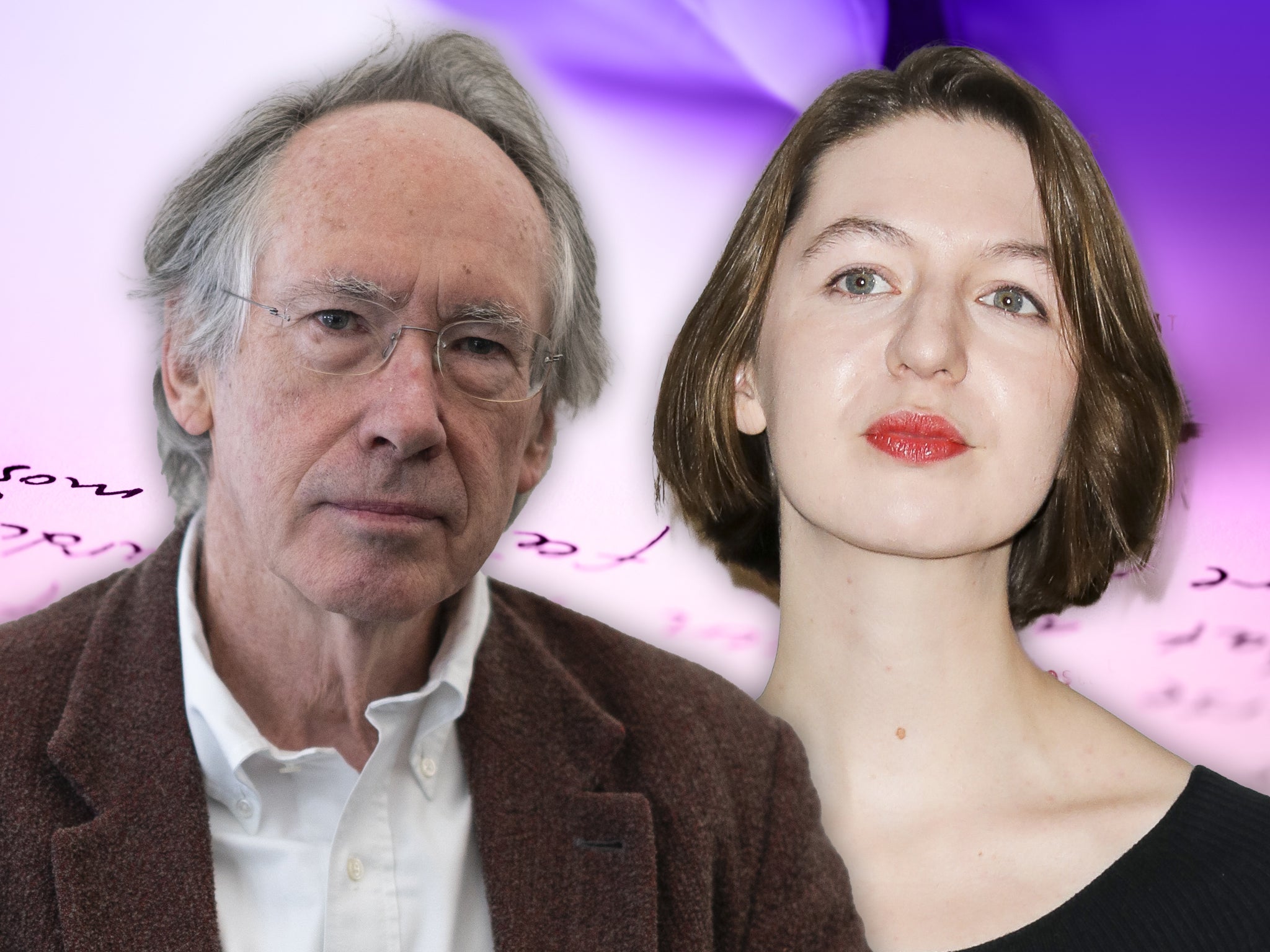Just because men are in the minority in fiction, it doesn’t mean we should scrap the Women’s Prize
Barbara Kingsolver took home the prestigious award this week for her novel ‘Demon Copperhead’. With women accounting for nearly 80 per cent of book sales across the UK and North America, hasn’t the Women’s Prize already served its purpose? Yes, writes Claire Allfree... but there’s more to it

What, it has become customary to ask, is the point of the Women’s Prize, which was won this week for the second time by Barbara Kingsolver for her ninth novel Demon Copperhead, a searingly contemporary, Appalachian-flavoured Dickens reboot? Who needs a prize to promote and celebrate female authors when publishing is now overwhelmingly a women’s game, run predominantly by women for women?
Female authors dominate prize lists, bestseller lists, bookshelves and TikTok. In 2021 they were responsible for nearly 80 per cent of sales across the UK, America and Canada. Three of the final five winners of the Costa Book of the Year award (the prize ceased in 2022) were women. So were eight of the 13 longlisted authors for the 2022 Booker. So rare are hot young male authors these days that the recent decennial Granta list, nominating the best 20 writers under 40, managed to find only four of them.
The Women’s Prize, famously set up in 1996 in defiant response to the all-male 1991 Booker shortlist, has been dogged by these arguments for years. A measure, certainly, of the prize’s success (as a corrective against the pre-eminent swaggering male literary celebrity perpetuated by Amis, Rushdie, McEwan et al during the Nineties and the Noughties, it’s unquestionably achieved its aim), but also a warning against its usefulness. After all, leaving aside debates about representation and visibility, you could argue that women’s fiction is itself a problematic term – condescending and reductive. I wince when I hear it, in much the same way I wince at proposals for female-only carriages on the underground, or at that odious phrase, “strong women”. Even the prize’s website has me squirming, with its banner declaring “28 years of brilliant books by women”, as though it should be a surprise to anyone that a woman can write a brilliant book.
Yet “women’s fiction” is not just a question of stats and sales, but of perception. It doesn’t matter how many prizes female authors win, or how many books they sell or even how many of them there are: there persists within the culture the nagging belief that women write inconsequential domestic stories about feelings and selfhood and weddings, while men get on with the serious job of addressing politics and nationhood.
Certainly, it’s not difficult to find examples of the former. Leading female novelist Sally Rooney; her equally acclaimed peers Naoise Dolan and Megan Nolan: each deal in the messy interior micro tensions of personal relationships. Rachel Cusk, who can beat most male novelists hands down when it comes to stylistic innovation, excels at obsessively self-regarding female protagonists.
Chick lit is making a comeback in grown-up form: one of the most hyped novels of the year has been Monica Heisey’s Really Good, Actually, an update of Bridget Jones for the Snapchat generation. The American author Curtis Sittenfeld’s latest novel is even called Romantic Comedy. Never mind that what young male novelists there are often write about this sort of stuff too: two of the most feted, Caleb Azumah Nelson and the American author Brandon Taylor, have made the territory of modern masculine desire and anxiety their own.
Recently, contemporary literary fiction across the board has been facing accusations that it’s becoming too inward-looking, too preoccupied with the individual condition at the expense of the individual’s relationship to the wider world. A certain moral seriousness is in danger of being lost within the petty skirmishes of personal feeling and identity affirmation. Literature is in danger of becoming a casualty of the tyranny of victimhood where what matters most is a writer’s ability to make manifest personal experience and trauma. These are generalised arguments of course but there’s no doubt plot and character – those lovely old-fashioned 19th-century tools for addressing the often-intractable relationship between an individual and social and environmental factors – are conventions from which many young novelists, male and female, recoil.
And yet. Take a look at the Women’s Prize shortlist this year, which includes Louise Kennedy’s Trespasses – a novel deeply, morally engaged with what it means to live in 1970s Belfast. Or Priscilla Morris’s Black Butterflies, which reckons with the conditions of life in war-torn Sarajevo.
Elsewhere, New Zealand wunderkind Eleanor Catton – who became the youngest winner of the Booker Prize in 2013 at the age of 28 – has recently spoken about the need for novelists to get out of their navel and start reengaging with the complicity of the individual with the moral issues of the day. She leads by example: her latest novel, Birnam Wood, is a plot-driven ensemble piece about a group of right-thinking eco warriors compromised by their financial association with a morally dodgy billionaire.
And then, of course, there is Kingsolver’s Demon Copperhead, a lacerating portrait of a vulnerable child adrift in modern dustbowl, drug-ravaged America and explicitly modelled on that great socially engaged 19th-century form. When it comes to novels that face outwards rather than in, female novelists are leading the charge. And we need the Women’s Prize still, not because female novelists remain underrepresented but because the prize paradoxically recognises there is no such thing as a “woman’s” novel.
Join our commenting forum
Join thought-provoking conversations, follow other Independent readers and see their replies
Comments


Bookmark popover
Removed from bookmarks